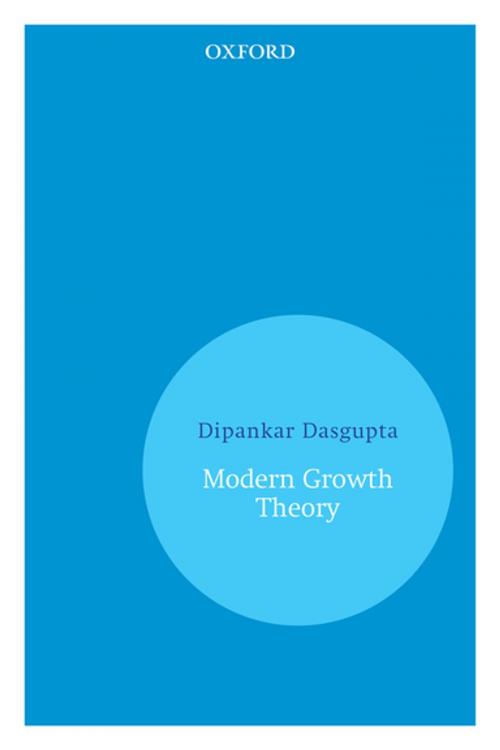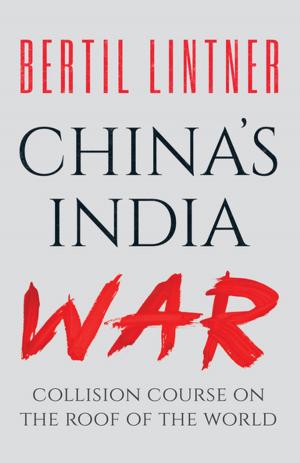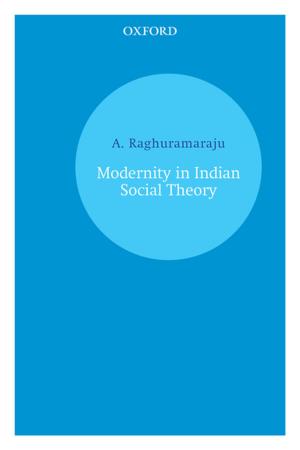| Author: | Dipankar Dasgupta | ISBN: | 9780199088348 |
| Publisher: | OUP India | Publication: | October 18, 2010 |
| Imprint: | OUP India | Language: | English |
| Author: | Dipankar Dasgupta |
| ISBN: | 9780199088348 |
| Publisher: | OUP India |
| Publication: | October 18, 2010 |
| Imprint: | OUP India |
| Language: | English |
This book deals with Growth Theory, an important subject taught as a part of economic theory. Amongst other topics, it introduces the literature on growth and inequality as well as a major critique of growth economics by Charles Jones. These issues remained unaddressed in an earlier volume by the author, Growth Theory: Solow and His Modern Exponents (OUP 2005). Developed on the earlier work, the present volume focuses on: long run growth growth and infrastructure taxation policies for growth human capital formation a unified theoretical framework to help students travel from the world of old growth theory to modern growth theory intuitive as well as rigorous development of optimal control theory using undergraduate mathematical tools analysis of India's long term growth experience. For an interactive platform on updates and queries on the book and clarifications by the author, please visit the Discussion Forum: Modern Growth Theory, OUP, 2010 at this URL http:--economicsteaching.wordpress.com-2010-10-28-modern-growth-theory-
This book deals with Growth Theory, an important subject taught as a part of economic theory. Amongst other topics, it introduces the literature on growth and inequality as well as a major critique of growth economics by Charles Jones. These issues remained unaddressed in an earlier volume by the author, Growth Theory: Solow and His Modern Exponents (OUP 2005). Developed on the earlier work, the present volume focuses on: long run growth growth and infrastructure taxation policies for growth human capital formation a unified theoretical framework to help students travel from the world of old growth theory to modern growth theory intuitive as well as rigorous development of optimal control theory using undergraduate mathematical tools analysis of India's long term growth experience. For an interactive platform on updates and queries on the book and clarifications by the author, please visit the Discussion Forum: Modern Growth Theory, OUP, 2010 at this URL http:--economicsteaching.wordpress.com-2010-10-28-modern-growth-theory-















